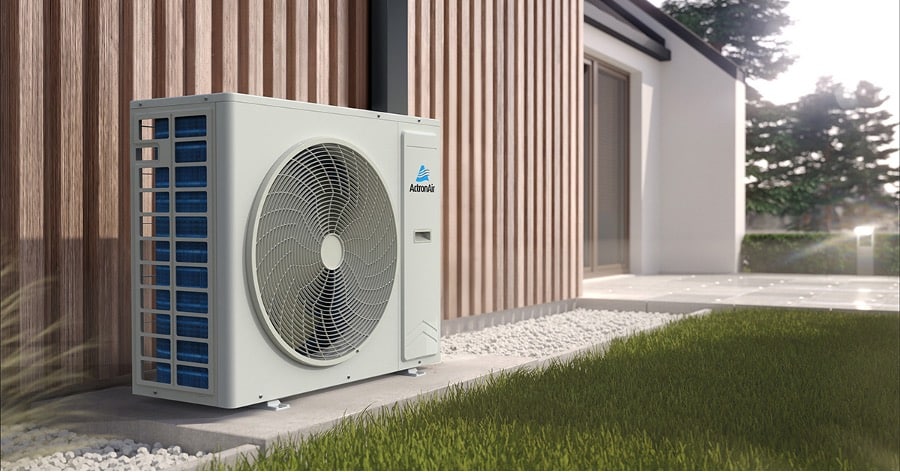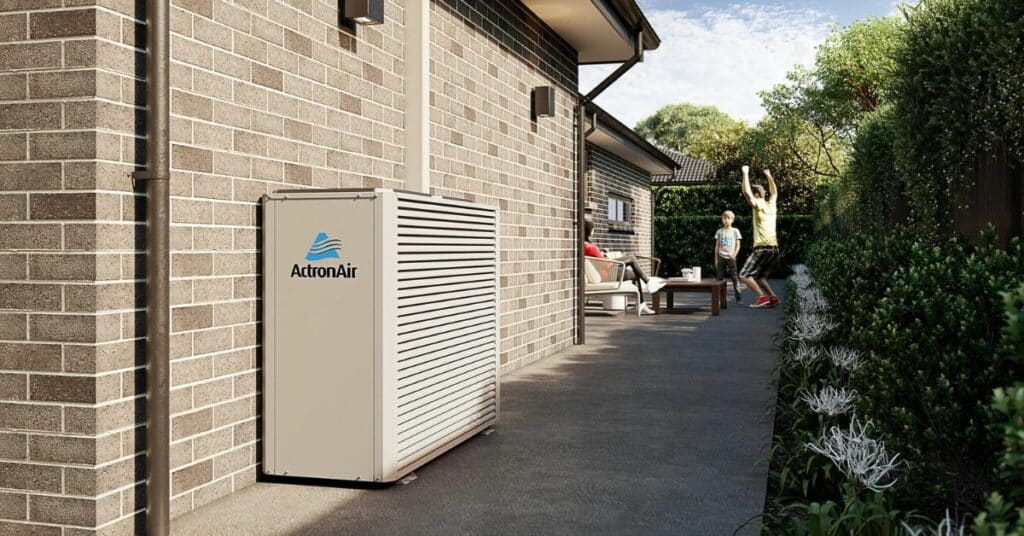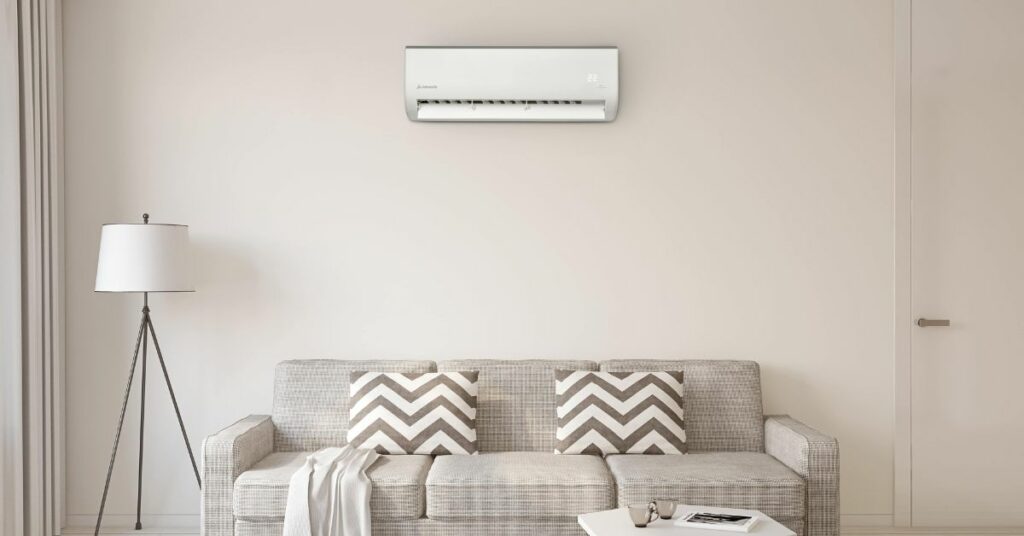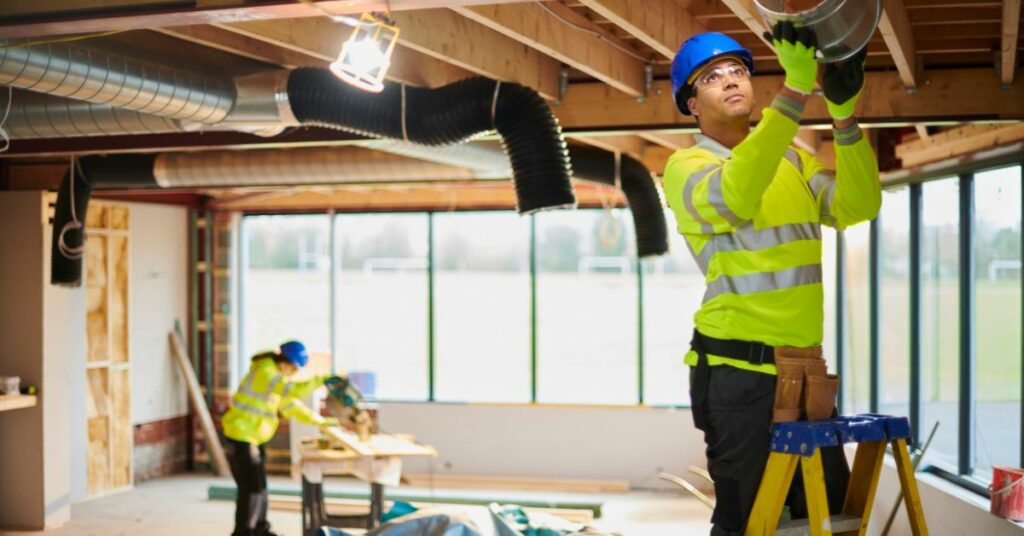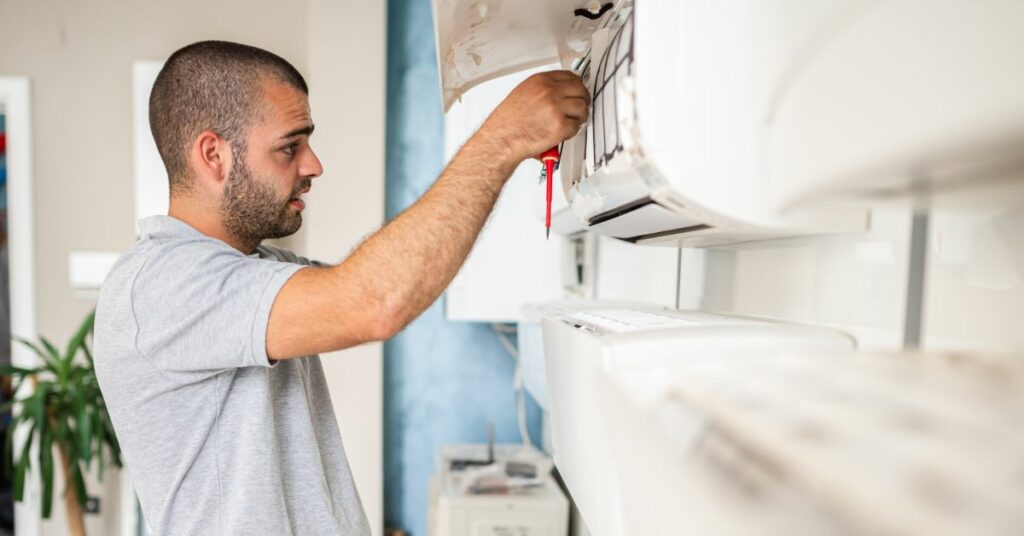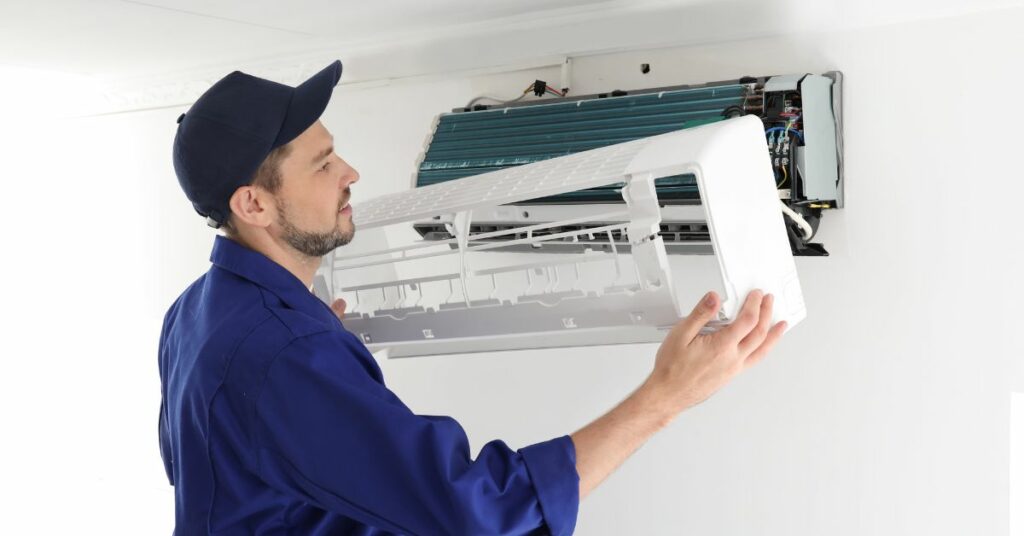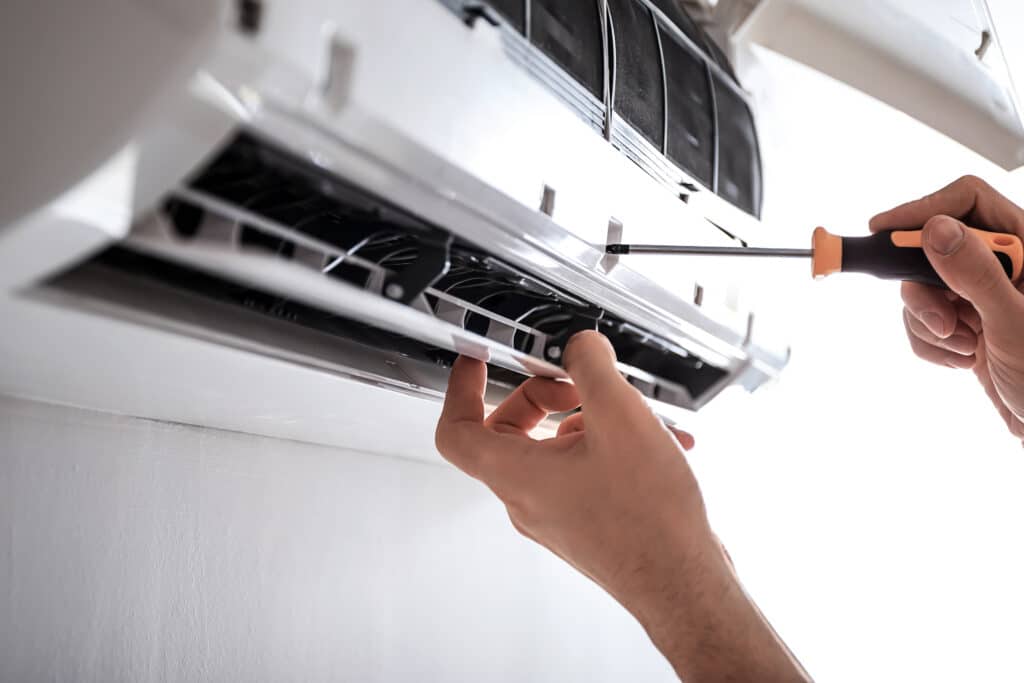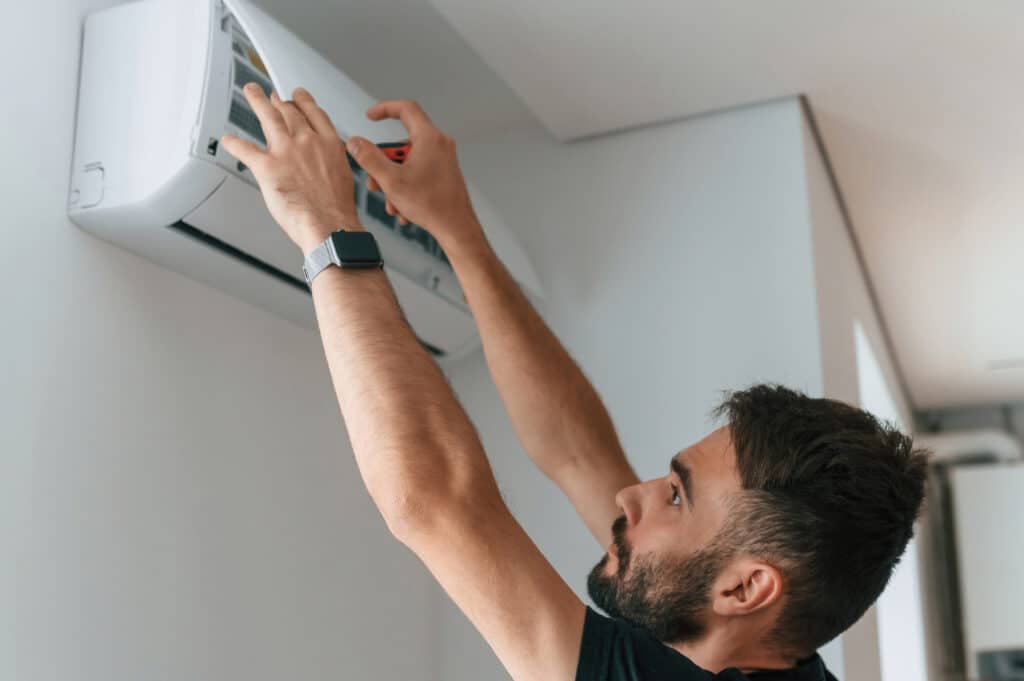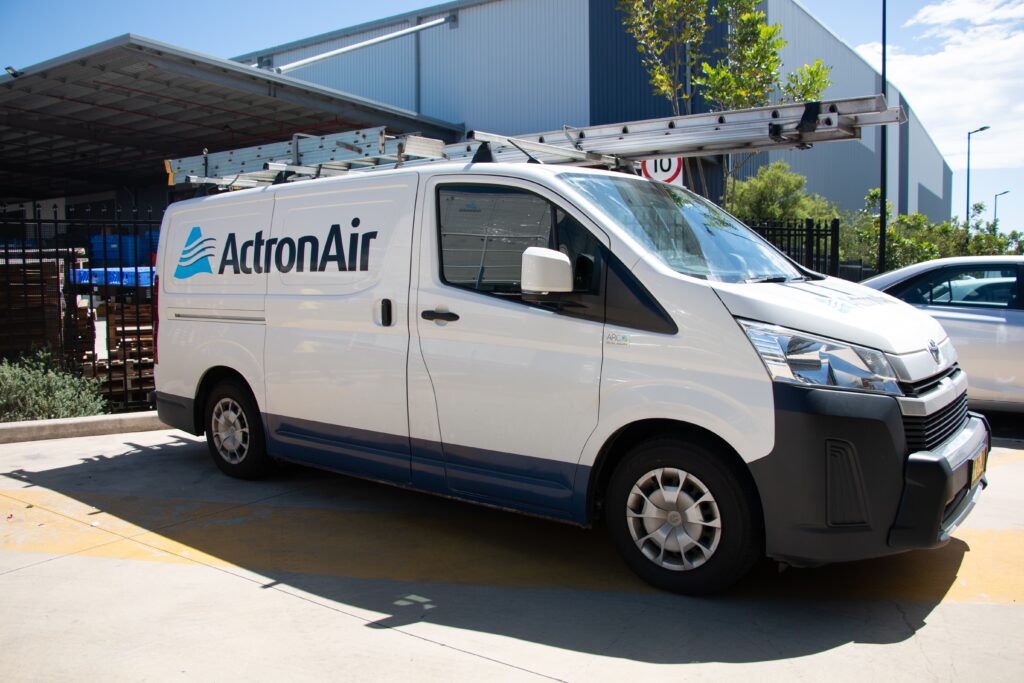Should you keep repairing your air conditioner or is it time to upgrade?
This depends on how old your air conditioner is and if it is still covered by the manufacturer’s warranty. Your current ducted air conditioner has looked after you for a long time but is now starting to show its age by needing repairs which keep popping up. As you will know repairs can add up over time and a major issue like a compressor or outdoor coil replacement can cost you a considerable amount. As an example, the cost to replace a compressor in an older air conditioner that operates with R22 refrigerant can be upwards of $3800 or to replace a damaged outdoor coil the cost is approx. $5500. Remember, you will still be left with an older, less efficient air conditioner and with the possibility of other major repairs soon because of the air conditioner’s age. Why Upgrade Your Ducted Air Conditioning System? Upgrading your ducted air conditioning system will bring benefits to your home, comfort, and wallet. Energy Efficiency Upgrading your ducted air conditioning system will improve energy efficiency. With new air conditioner models, you can expect less energy consumption. Doing so results in lower energy bills and reducing your carbon footprint. Enhanced Comfort An upgraded air conditioning system will likely have variable-speed compressors & fan motors along with improved controls that have intuitive zoning control, providing enhanced comfort control. These features allow the system to operate more quietly and maintain a consistent temperature throughout your home. Upgrading the Control Upgrading to a smart control can significantly enhance your system’s performance. With ActronAir’s newer systems you have a choice of controls. The NEO control brings advanced capabilities such as weekly schedules, countdown timers, and an away mode, allowing you to customise your comfort settings throughout the week effortlessly. Apps Nowadays air-conditioners often come with an App. When the app […]

